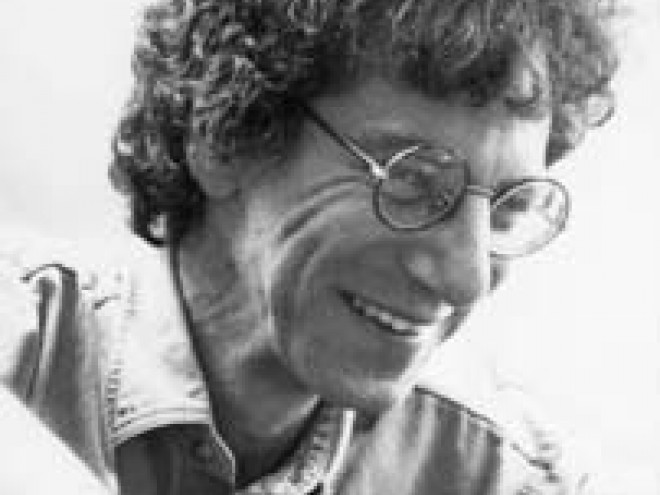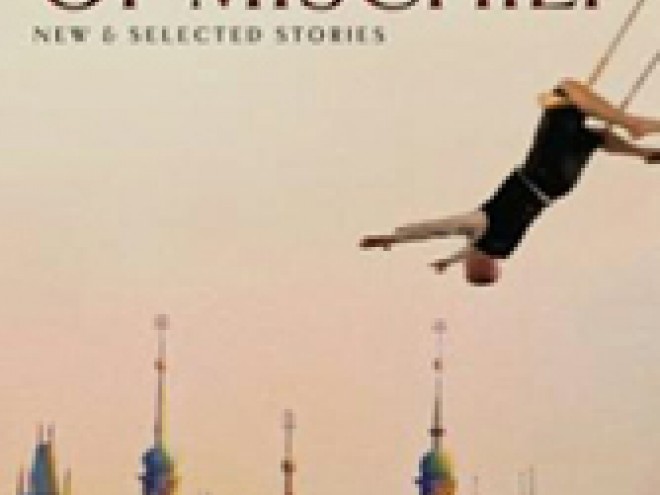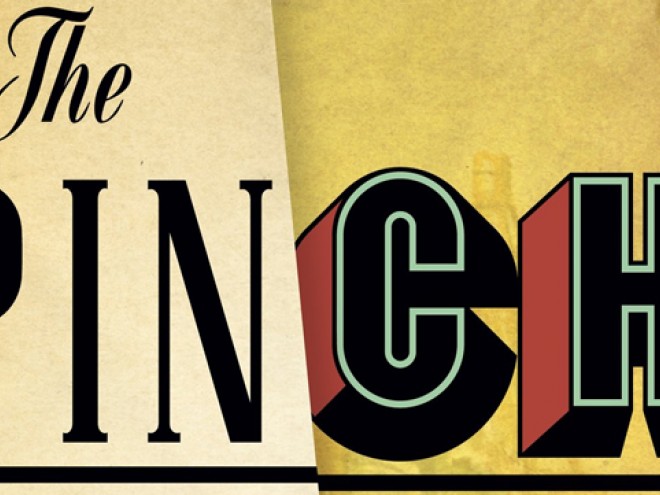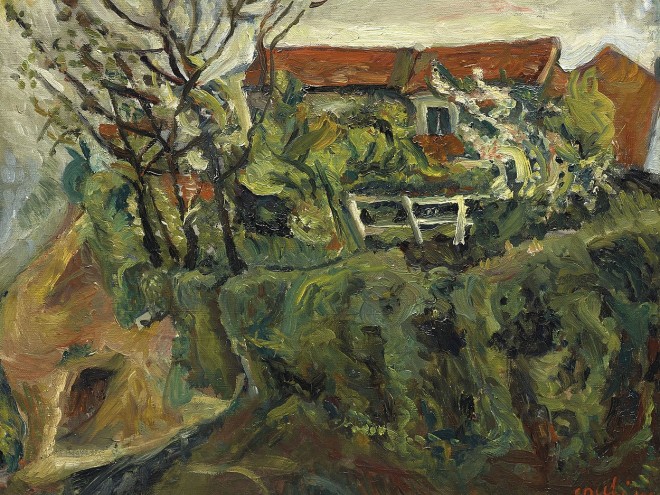Steve Stern’s most recent book, The Book of Mischief, is now available. He will be blogging here all week for Jewish Book Council and MyJewishLearning.
I had fun in Vilnius, despite my low tolerance for fun. Not to mention that fun in Vilnius seemed like a betrayal of everything sacred. So what was I doing in Lithuania? A good question, and having traveled all the way to that small Eastern European nation to teach English-speaking students the same stuff (creative writing) I routinely taught at home, I asked my class at our first meeting, “What the hell are we doing in Lithuania?” But the truth was that the question was disingenuous. I knew perfectly well why I’d come. When first invited to teach there in the Summer Literary Seminars, I instantly declined. I don’t travel well; I like to hang on to my desk with my teeth — that was my default reply. Then I remembered that I am a lover of Yiddishkeit. What reputation I have is as a writer inspired by Yiddish culture and folklore, and old Vilna once boasted the mother lode of that culture before it was utterly erased. So I complained to everyone I knew that I’d had a chance to go to Lithuania and blown it. Eventually I received another email from the program, saying, “We hear by the grapevine you might be having second thoughts.” I considered my bluff called.
It’s a beautiful city, Vilnius, a hard place in which to imagine the unimaginable. Especially when you’re strolling serpentine streets flanked by blue and yellow houses, some squat as toadstools, others narrow as the spines of books, most sprouting scrollworked balconies. The baroque churches look like pink cupcakes, the hidden courtyards beckon like grottos, and the women (Sabrina, I can look) are whip-thin and sleek as cats. It was a storybook milieu, complete with an argosy of hot air balloons overhead, and it dazzled me to the point where I forgot to miss what was missing. What was missing? Only about 1000 years of the most vibrant Jewish life to be found anywhere on the planet. It was here that the Vilna Gaon sprang from the womb reciting Talmud, and the poets of Yung Vilne kept the printing presses busy until the plates were melted into bullets for the resistance. Here the shelves of the YIVO archive and the Strashun Library groaned from the gathered weight of the Diaspora, and the cauldron of conflicting ideologie—Hasidim vs mitnagdim, bundists vs Zionists — boiled over in the streets. Here Chaim Soutine and Jacques Lipchitz plied their visionary trade within earshot of Jascha Heifetz’s violin. All that remained of that world, however, was a handful of memorial plaques, some busts and a couple of signs informing the tourist that history was once here but had since moved on. Not that I’d expected more; though I’ll confess to a romantic hope that, if I connected my passion for Yiddish culture to its source, sparks would fly and the streets swarm again with Jews. Instead there was only a sputtering of my good intentions before the impulse fritzed out and expired. Then it was easier to brood over what was absent than to try  and recover what was lost.
and recover what was lost.
So I abandoned my role of amateur Yiddishist in exchange for professional mourner. I gave a fiction reading in an old church outside of which the first Jewish victim of the Nazi occupation (a woman) was shot. “It’s wonderful to be here in a city where you can picture a Jew hanging from every lamppost,” I quipped, embarrassing everyone. The audience, comprised of Vilnius’s tiny Jewish community come to hear a concert of Yiddish music for which I was the opening act, sat in deadly silence. When I was done, a man like a steamer trunk in a tuxedo marched to the stage and, accompanied by a classical pianist, belted a medley of Yiddish folksongs that exorcised the chapel of my sarcasm. He ended with a Kaddish that rocked the foundation of the church. Chastised, I too dropped a tear into the overflowing bucket of Jewish grief and tried to hold that thought. But the music was truly cathartic, and afterwards, exhilarated, I went off with colleagues to drink too many beers in sidewalk cafes, in cafes tucked away in vaulted catacombs, in cafes with terraces overlooking the river, where I wallowed in guilty pleasure.
Steve Stern is the author of several works of fiction, including A Plague of Dreamers, The Frozen Rabbi, and North of God. His honors include two New York Times Notable Books, a Pushcart Writer’s Choice Award, an O. Henry Prize, and the Edward Lewis Wallant Award for Jewish American Fiction. Stern was born in Memphis, Tennessee and now lives in Saratoga Springs, New York.
Steve Stern is an author of numerous novels and story collections, including The Wedding Jester, which won the National Jewish Book Award, and Lazar Malkin Enters Heaven, which won the Edward Lewis Wallant Award for Jewish fiction. Steve has also been a recipient of a Guggenheim grant and a Fulbright fellowship to teach in Israel.



